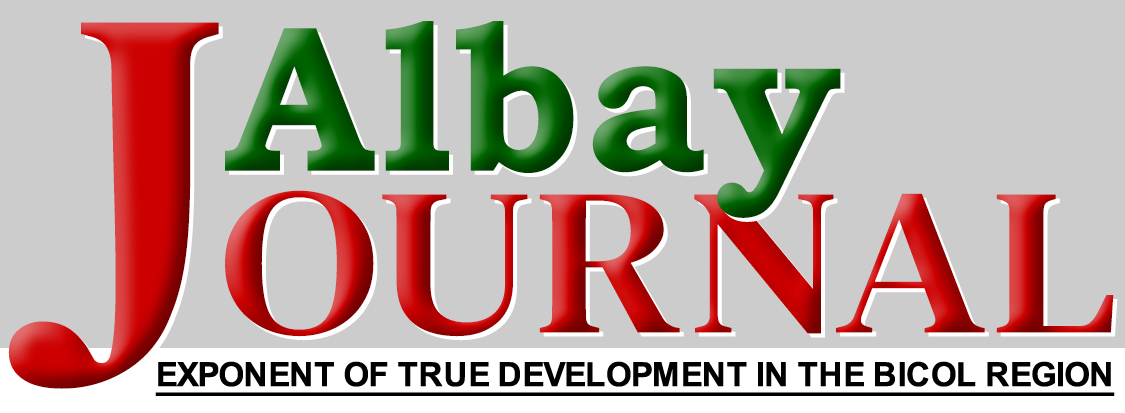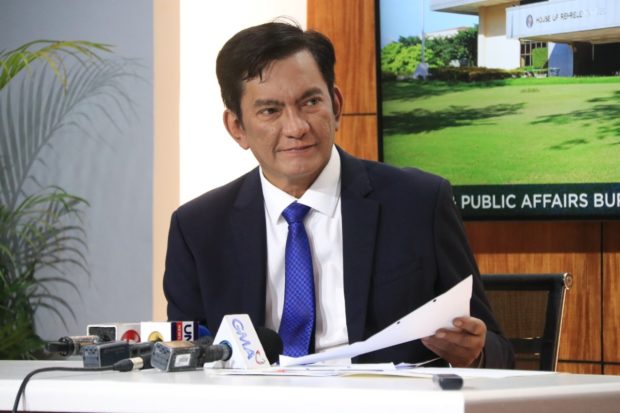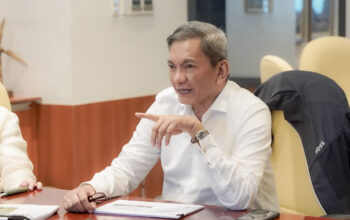House Ways and Means Committee chair Albay Rep. Joey Sarte Salceda said the government should tax the rich to raise funds for public services, and since the Constitution explicitly requires that our tax system be progressive, that therefore bears more heavily on the wealthy.
Salceda who retained his post as chair of the powerful House tax panel, said “the best way to tax the wealthy is either through their immovable wealth (land), or through their conspicuous consumption,” particularly luxury goods in the country, which could some P71 billion in revenues annually.
The lawmaker said he will shortly file a bill that will tax the rich. He has already crafted various popular legislations designed to raise revenues for the government, among them the Tax Reform for Acceleration and Inclusion (TRAIN) 1 and 2, and the Corporate Recovery and Tax Incentives for Enterprises (CREATE).
Salceda also authored several other tax proposals still pending in Congress, most of which were declared by President Ferdinand Marcos Jr. as priority measures in his maiden State of the Nation Address (SONA) last July 25.
“The best way to tax the wealthy is either through their immovable wealth (land), or through their conspicuous consumption,” Salceda said.
“For the first approach, we need to find ways to properly value and tax high-value land through the Real Property Valuation and Assessment Reform Act. At the same time, we need to balance the impacts on smaller landowners,” he explained.
Salceda said he will propose amendments to that bill that will provide relief to agricultural landowners while taxing high-value land in the proper time. “I aim to incentivize the use of high-value lands, since they should be induced to generate an income to meet their tax obligations,” he added.
“On the second approach, we need to expand the non-essential goods tax under Section 50 of the tax code, and expand it to other obvious luxury items such as luxury watches, expensive bags, and high fashion. We can also raise the rate from 20% to 25%, he pointed out.
Salceda said “the luxury goods market in the Philippines is worth P71 billion in revenues annually. That should raise between P12 to P18 billion annually. Removing the excise tax exemption on pickup trucks and the tax discount on expensive hybrid cars, is also something I am looking at,” he further nexplained.
The lawmaker-economist said that pertaining to income, “there may be room to adjust the top marginal tax rate to 40% for those earning above P15 million, but given how easy it is to do compensation in the form of stock options and other non-cash methods, I suspect it will not yield very significant revenues.”
He said he is skeptical about raising taxes on capital assets and financial wealth, “because that is effectively a tax on investments” and we need investments because they create jobs and provide the financing needed for private infrastructure and services. So, wealth taxes on these assets as base might hurt the economy.”
Salceda has been calling his colleagues in Congress on taxing the rich for a time now. In an earlier interview, he said “the rich have gotten richer during the pandemic, and this is common experience,” citing a study on the effects of five pandemics between 2003 and 2016.










